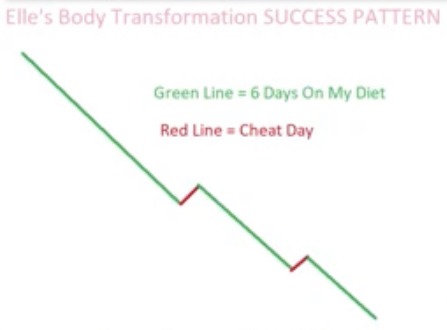We;re about the same size and I dipped into the upper 170s before rebounding a tad, hovering in the low 200s, myself.
Calorie counting may not be your thing, but it helped me to see or rather feel what 3500 ketogenic calories feels like. What real satiety feels like. Working madly from home has got me back into a purer OMAD now.
Your appetite may be misleading you but you can know with certainly that if you are full fit to burst that that is true satiety and you can stop eating.
The biggest thing to unlearn is that you only stop feeding when you are sated, not when hunger pangs quiet down. To me, that means if it’s steak day, getting well over a pound of it and really trying to finish it. If there’s a bit left, and something inside says that you’ll explode if you take another bite… but hey there’s room for a bit of candy, you know you’re good. Stop eating. It is never lean steak though.
If you try to cut calories, eat like a bird (only until you aren’t hungry anymore) and keep that up for days and weeks, you will likely bring down your BMR and stall the weight loss.
Synthesizing what I’ve learned from Deep Nutrition, weight loss greatly depends on what you tell your DNA. I truly believe that food is information to your DNA and epigenetic milieu. Eating rich meat on the bone until sated is telling your DNA that the Hunt is Good. Pigging out on keto OMAD fits into this.
Eating meager (or worse decreasing amounts in a misguided attempt to follow a CICO model) amounts over a significant date range will tell your DNA that the Hunt is Bad. There will be more epigenetic factors that kick in that will try to hold onto the stored food energy, to make it until the Hunt is Good.
I do have a fringe benefit for calorie tracking through work, but I only use MFP to ensure that I get MORE THAN ENOUGH calories before I stop eating. I don’t use it like I used to before LCHF-IF to get that little dopamine blip it gives you when you close out the dairy (ohhh just 10 more days being this hungry and I’ll be 2.5 lbs lighter, wee! Nope.)
I’ve read through all the IDM program blog up until about a year ago when they changed the site, and have Dr Fung’s book on Obesity Code. The longer fasts are great to reset your weight, but only to a certain point, which is up to your DNA to determine.
Give your DNA the good info it craves, that the Hunt is Good, and it’ll relax.
Oh and yes, if you eat more frequently during the day, yes you’ll gain weight, even on zero carb. You do produce some insulin every time you eat.




 Your digestion may gripe a bit, especially if it’s wheat, I wouldn’t recommend pizza!
Your digestion may gripe a bit, especially if it’s wheat, I wouldn’t recommend pizza!